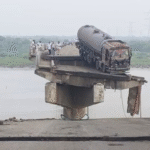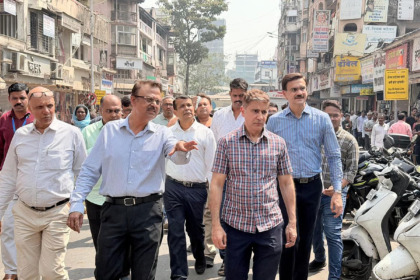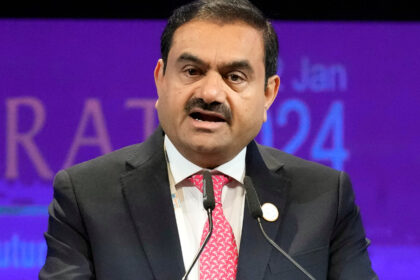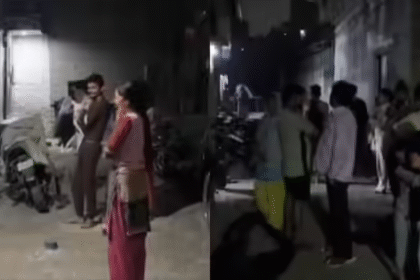Bharat Bandh 2025: Workers’ Nationwide Strike Hits Rail, Banks, Transport — Top 5 Demands
India hit by Bharat Bandh as 10+ trade unions protest key policies. Read about their demands and affected services
On Wednesday, July 9, 2025, India witnessed a monumental Bharat Bandh, with more than 25 crore (250 million) workers participating in a 24-hour nationwide strike. This mass action, spearheaded by 10 central trade unions, has brought daily life to a near‑standstill—affecting banking, transport, postal services, power, and many public sector units
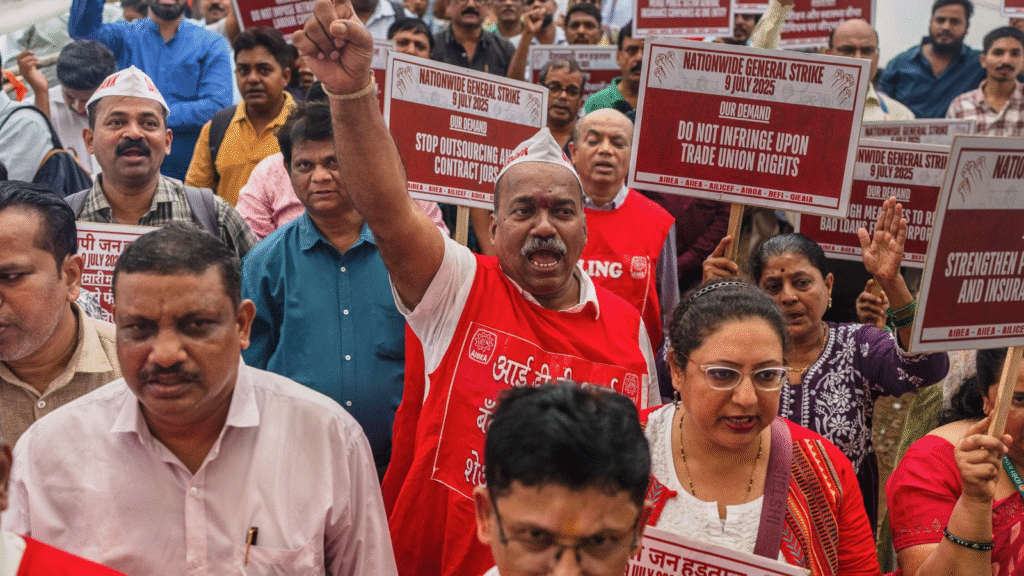
INTUC, AITUC, CITU, HMS, SEWA, AICCTU, LPF, UTUC, AIUTUC, TUCC
They were supported by farmer groups like the Samyukta Kisan Morcha, rural labor federations, and small-scale workers Notably, the RSS-affiliated Bhartiya Mazdoor Sangh (BMS) did not join
Passed in recent years under the banner of “ease of doing business,” these codes are condemned for weakening workers’ rights, increasing permissible work hours, undermining collective bargaining, and allowing employers to violate regulations with impunity
They demand halting the National Monetisation Pipeline and preventing privatization of key public assets such as railways, ports, defence factories, banks, insurance, and urban utilities

A nationally standardized minimum wage is being demanded to match inflation and living costs
Trade unions want restoration of the OPS, abolition of the National Pension System, and assured minimum pension of Rs 9,000/month for EPFO members
They demand an end to outsourcing, fixed-term contracts, and contractual workforce structures. The Agnipath scheme—seen as eroding job security—must also be scrapped
They want MGNREGA extended to rural India with a 200-day employment guarantee and a similar program for urban areas. They also seek monthly cash relief of Rs 7,500 for non-income‑tax-paying families, plus 10 kg free food grains per person
Farmer groups back demands for Minimum Support Price based on Swaminathan Commission’s C2+50%, along with loan waivers and price controls on essentials
The unions highlight that the annual Labour Conference—an important consultative body—hasn’t been held in over a decade, underscoring a democratic deficiency
In total, a 17-point charter has been submitted, covering these and related demands
Banks & insurance: over 20,000 bank employees in Gujarat alone joined, disrupting transactions worth ₹15,000 crore across 3,678 bank branches
Postal & telecom: postal services hit; telecom sectors reported staff shortages .
Power & coal: More than 27 lakh power sector workers participated, likely disrupting electricity supply
Transport: over 24 hours, private buses, taxis, auto rickshaws, state transport (#KSRTC, many others) halted, leading to disruptions across urban and rural routes .
Railways: official operations continued, but protests near stations and track blockades (notably in West Bengal, Kerala, Bihar) caused localized delays
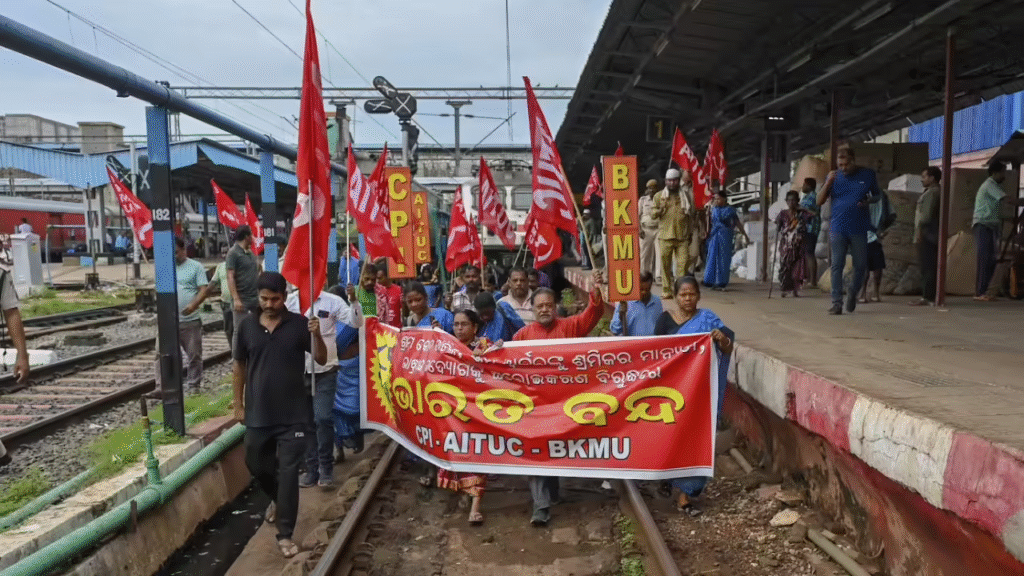
Government Offices
Most government offices remained shut or operated with skeleton staff, while schools and colleges stayed open depending on regional participation
This is the 22nd general strike since 1991, marking a sustained trajectory of large-scale labour mobilization
The inclusion of farmers and informal workers showcases expanded unity within the working class .
Opposition parties and farmers’ groups aligned with the bandh, heightening political pressure .
The BMS’s absence underscored fault lines, with its leadership terming the bandh as “politically motivated”
Governments—like in Tamil Nadu—warned employees via official memos, cautioning that participation could result in disciplinary action
Security and police forces were proactively deployed near sensitive infrastructure such as Jantar Mantar, train stations, and highways
Dialogue or Deadlock?
Unions insist the government engage in talks. So far, however, the 17-point charter remains unaddressed
Possible Escalation
If talks stall, unions might call for further general strikes or targeted sectoral actions.
Election Impact
With widespread farmers’ and labour unrest, the bandh could have significant ramifications in upcoming state elections like those in Madhya Pradesh later this year.
Policy Revisions?
Rescinding contentious labour codes, halting PSU privatization, and reinstating pension schemes are on the table—though reversing legislation may be politically challenging.
Worker Rights at a Crossroads: The labour codes are seen as a tipping point—either reformative or regressive.
Public Asset Stewardship: Privatization of PSUs touches upon core questions of national ownership and equity.
Unified Minimum Standards: Calls for Rs 26k wage and pension restoration reflect widening economic divides and societal strain.
Political Momentum: With farmers allied in to the bandh, this signals broader rural-economic unrest brewing across states.
The Bharat Bandh of July 9, 2025, stands as India’s largest industrial action in decades. With 250 million workers and farmers raising their voice in unison, the bandh illustrates seismic potential to reshape India’s labour and economic landscape.

Whether this translates into concrete policy changes—or merely a symbolic protest—depends on whether the government chooses dialogue over dismissal. But one thing is clear: India’s working class has spoken loud and long, demanding not just economic fairness, but structural reform.
Read Also : Tragedy in Gujarat: 9 Dead, Multiple Vehicles Plunge Into River After Bridge Collapse in Vadodara



